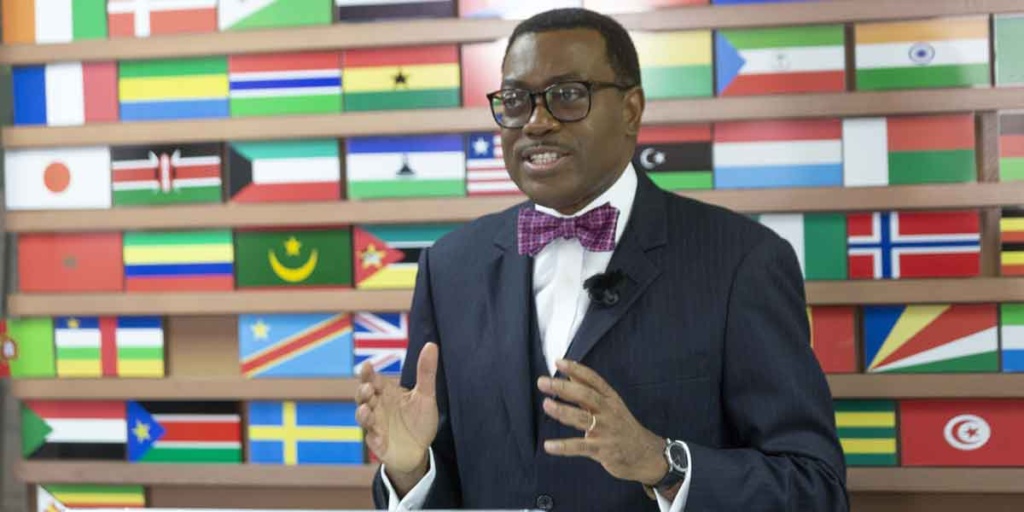Dr Akinwunmi Adesina, President of the African Development Bank (AfDB), has said that the future of Nigerian youths is not dependent on migration to Europe, America, or China, but rather on the country’s own growth and opportunities.
Speaking at a public lecture, Adesina urged for a commitment to developing Nigeria’s talents, skills, and entrepreneurial capabilities through sustainable government policies.
“We must become a global Nigeria, brimming with talents, skills, and entrepreneurship capacities that are powered by clear and consistent and sustainable government policies to become globally competitive and to retain our young talents,” he stated.
He added that the potential for job creation and equitable growth lies within Nigeria itself and that the continent as a whole must work toward creating sustainable opportunities for its youth.
“The future of youths in Nigeria lies in the country’s growth,” he said.
The President of the African Development Bank (AfDB) explained that the institution was committed to creating a brighter future for the nation’s youth.
“I am pleased to share that just three days ago, the AfDB’s board of directors approved $100 million for the establishment of the Youth Entrepreneurship Investment Bank in Nigeria,” he stated.
“This new bank will empower young entrepreneurs through technical assistance, business incubation, and investments in equity and quasi-equity,” he informed an audience that included former President Olusegun Obasanjo, governors, ministers, and other distinguished guests.
He noted that the initiative marks “a new day for Nigeria,” while expressing concern over the country’s poverty levels.
According to the National Bureau of Statistics (NBS), Adesina noted, “In 2022, it was estimated that 63% of Nigerians—over 133 million people—live in multi-dimensional poverty.”
He also highlighted that more than half of the Nigerian population relies on charcoal and wood for cooking instead of clean energy.
“Significant deprivations are evident in areas such as sanitation, healthcare, food security, and housing,” he added.

